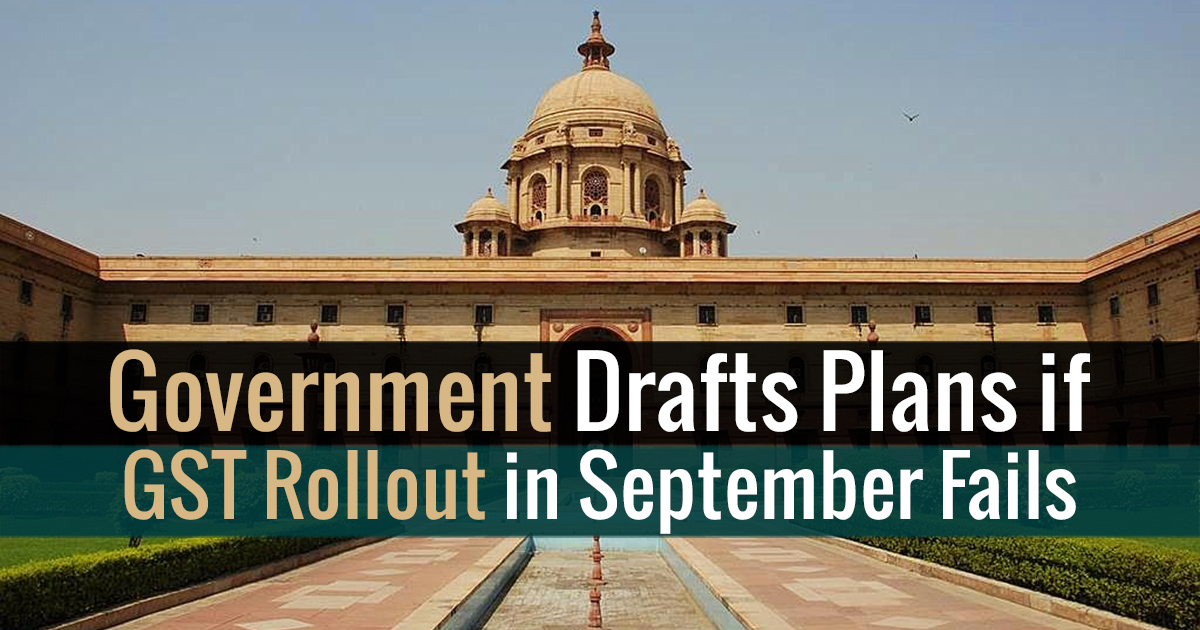As FM Arun Jaitley on Sunday said that the last conceivable day to pass GST is September 16, many are examining of what might happen in a worst outcome imaginable, if the government somehow managed to miss even this due date? Well, the administration is required to execute the Goods and Services Tax (GST) by September 16, or there would be no duty law through and through after that since the legitimacy of the as of late passed GST charge slips by then, brings up by specialists.
In spite of the fact that there could be a route around this, say industry trackers. Hypothetically, bring up specialists, there are two ways if the administration can’t execute GST by Sept 16. It should about-face to Parliament for existing conditions bet or look for a presidential augmentation. In both cases, the administration should demonstrate certain that there is an “honest to goodness issue” in executing the GST. “This (two approaches to defer GST) is only an elucidation of how the GST rules read. This is just in principle,” a duty legal advisor accentuated. Industry trackers likewise call attention to that many organization, particularly the littler ones are still not prepared for GST.
Dharmesh Panchal, India – West Indirect Tax leader, PwC said that “If the GST doesn’t come into force by September 16, there is one view that existing specified tax legislations would cease to have an effect. Hence, the government is working towards ensuring that GST is implemented before 16th September. It needs to be seen that if the same is not achieved whether the Government has an alternative plan.”
Read Also: GST Preparation Steps for Indian Companies and Traders
Industry trackers call attention to that numerous medium and little enterprises which will most likely be unable to agree to the GST even by next year. “Mid and little size organizations in segments like transport, coordinations, synthetic assembling, salt assembling, iron and steel assembling are thinking that it’s difficult to consent to GST,” the duty master called attention. Numerous huge organizations and combinations were helping sellers, providers, and merchants to be GST prepared before the demonetization, say, specialists. Some of these vast organizations have additionally given specific sanctioned bookkeepers and innovation specialists to their merchants, wholesalers, and providers.
Tax experts also joined by saying that, “Companies, mainly medium and small ones, are tackling the impact their businesses have faced due to demonetization. Even the biggest of the companies have put GST on their low priority list. Everyone is expecting that it (GST) would be postponed, Mid and small size companies in sectors like transport, logistics, chemical manufacturing, salt manufacturing, iron and steel manufacturing are finding it hard to comply with GST.”
Read Also: GST Impact On Businesses in India
Notwithstanding, numerous small organizations that don’t specifically deal with enormous organizations may need to handle the expense unpredictability and innovation part independent from themselves.









